The United States announced sanctions on eight North Korean bankers and two affiliated entities that U.S. officials say laundered funds from cybercrime and overseas IT-worker schemes to support Pyongyang’s nuclear and missile programs. The action, issued by the Treasury Department’s Office of Foreign Assets Control (OFAC), blocks any property the designated persons hold in the United States and prohibits U.S. persons from conducting transactions with them.
Treasury officials said the designated individuals helped move at least $5.3 million in cryptocurrency through accounts tied to already-sanctioned North Korean financial institutions, including First Credit Bank. Two of the named bankers were identified as Jang Kuk Chol and Ho Jong Son, whom Washington says acted as financial managers for cyber-derived funds.
The measures also target the Korea Mangyongdae (Chosun Mangyongdae) Computer Technology Company, which U.S. officials describe as an IT enterprise that oversees delegations of North Korean workers in China who conceal their nationality and funnel earnings back to Pyongyang. Its president, identified as U Yong Su, was designated as well.
Alleged activity and financial flows
According to the U.S. description, North Korean state-sponsored hackers have stolen more than $3 billion in the past three years, largely in digital assets, using malware, social-engineering attacks, and compromised credentials. Those funds were then allegedly pushed through a global network of North Korean banking representatives located in China, Russia, and other jurisdictions, who relied on front companies and crypto wallets to disguise the origin of the money.
The sanctioned bankers are accused of managing wallets and accounts on behalf of sanctioned DPRK banks, splitting transactions into smaller amounts, and using foreign proxies to move funds through Chinese and Russian financial systems. Treasury said some of the money can be linked to ransomware operations that previously targeted U.S. entities, and some came from “IT worker fraud,” in which North Korean programmers obtained remote jobs under false identities and remitted earnings to the state.
Treasury’s statement links these financial flows directly to weapons development, saying the DPRK “explicitly tasks its hackers to raise revenue” and that the revenue is used for weapons of mass destruction (WMD) and ballistic missile programs. By designating both the individuals and the entities, OFAC aims to cut off not only existing accounts but also new channels that might be established by the same network.
Legal basis and sanctions effect
The designations were made under executive authorities that allow the United States to target cyber-enabled activities, proliferators of WMD, and persons generating revenue for the government of North Korea. Once listed on the Specially Designated Nationals (SDN) list, the individuals and entities are effectively barred from the U.S. financial system. U.S. and many non-U.S. banks that clear through the dollar system are expected to screen and block transactions involving the named parties.
Treasury underscored that any entity owned 50 percent or more by one or more of the designated persons is also considered blocked, even if not named explicitly. That provision is meant to prevent the rapid creation of successor companies. The department added that financial institutions or service providers that continue to deal with the designated individuals could themselves become subject to secondary sanctions or enforcement actions.
The United States also updated the listing for First Credit Bank to highlight its cryptocurrency-related activity, signaling that Washington is tracking DPRK usage of digital assets closely and will add wallet identifiers to sanctions lists when possible.
International angle and UN context
The announcement came alongside renewed U.S. calls at the UN Security Council for additional designations on ships said to be carrying North Korean exports in violation of existing sanctions. Washington has argued that because Council measures have been repeatedly delayed or vetoed, it will continue to act unilaterally to disrupt revenue streams from cyber theft, illicit exports, and IT-worker dispatches.
U.S. officials said the latest designations are aimed at “enablers and supporters,” signaling that Washington will target not only hackers but also the financial handlers who connect DPRK cyber units to the global banking and crypto infrastructure. The State Department separately told reporters that the shipping proposal it is submitting to the Council is intended to reinforce the same objective: stopping funds that go straight to North Korea’s nuclear and ballistic missile programs.
Because UN sanctions on North Korea have stalled, the United States is using national tools to raise the operational cost for Pyongyang’s financial networks. The inclusion of representatives based in China and Russia in the U.S. designations shows that Washington is prepared to name DPRK-linked actors even when they operate from territories of Council members that have resisted tighter multilateral measures.
What to watch next
First, banks, exchanges, and fintech platforms will update screening systems to reflect the new SDN entries. If Treasury later publishes wallet addresses or additional aliases, those will further narrow the channels available to DPRK operators. Monitoring how quickly major Asian financial centers implement the changes will indicate the immediate impact.
Second, Treasury could follow up with advisories to private firms—particularly in the IT and freelance-programming sectors—reiterating earlier warnings about North Korean workers who mask their identities to obtain contracts. Those advisories often contain specific red flags (shared IP addresses, repeated résumé templates, payment to third-country accounts) that help companies avoid inadvertently hiring DPRK nationals.
Third, if the UN sanctions committee does not act on the U.S. shipping proposal, Washington may move to designate those vessels under its own authorities, mirroring the approach taken with the cyber-finance network. That would extend the current campaign from digital channels to maritime logistics.
Finally, the efficacy of the new measures will depend on whether Pyongyang can stand up replacement fronts in other jurisdictions or switch to new crypto obfuscation techniques faster than OFAC can list them. Treasury officials said they “will continue to track and target” such nodes, indicating that this package is part of a rolling effort rather than a one-time action.



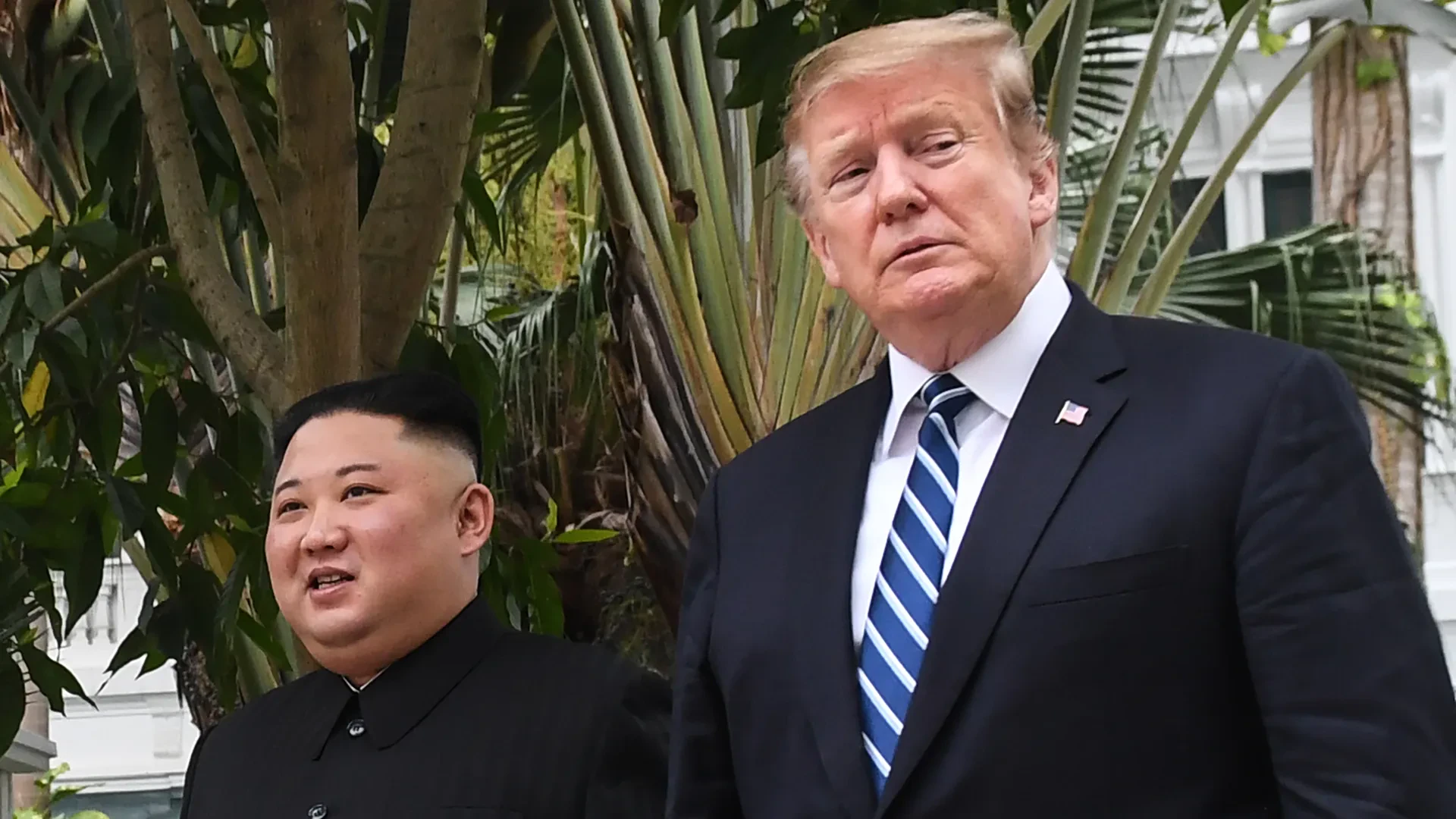
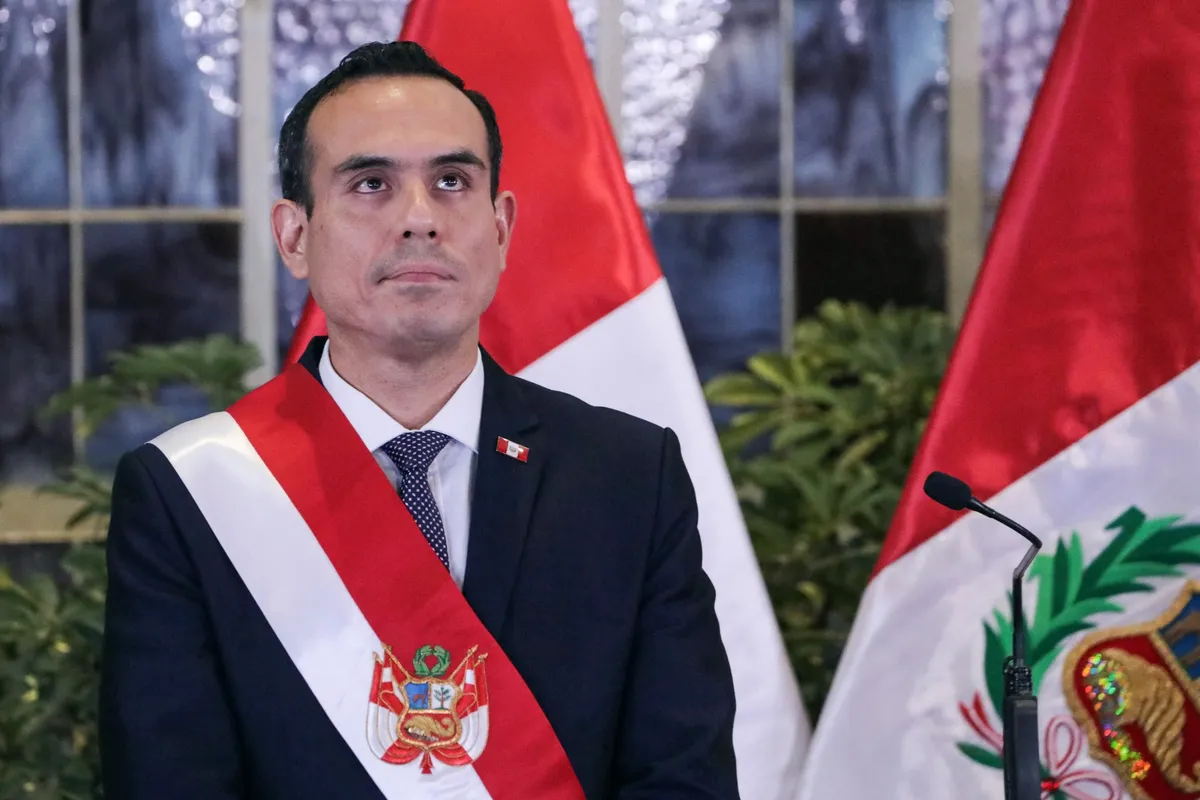
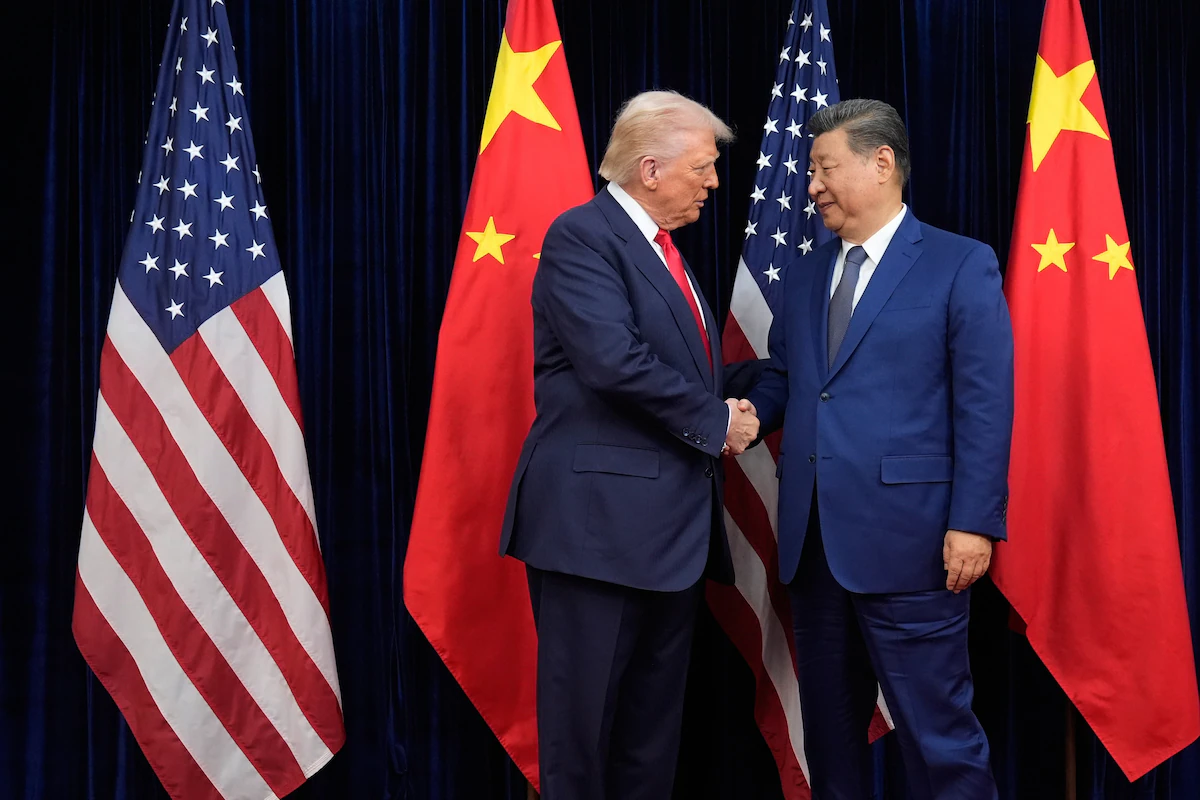

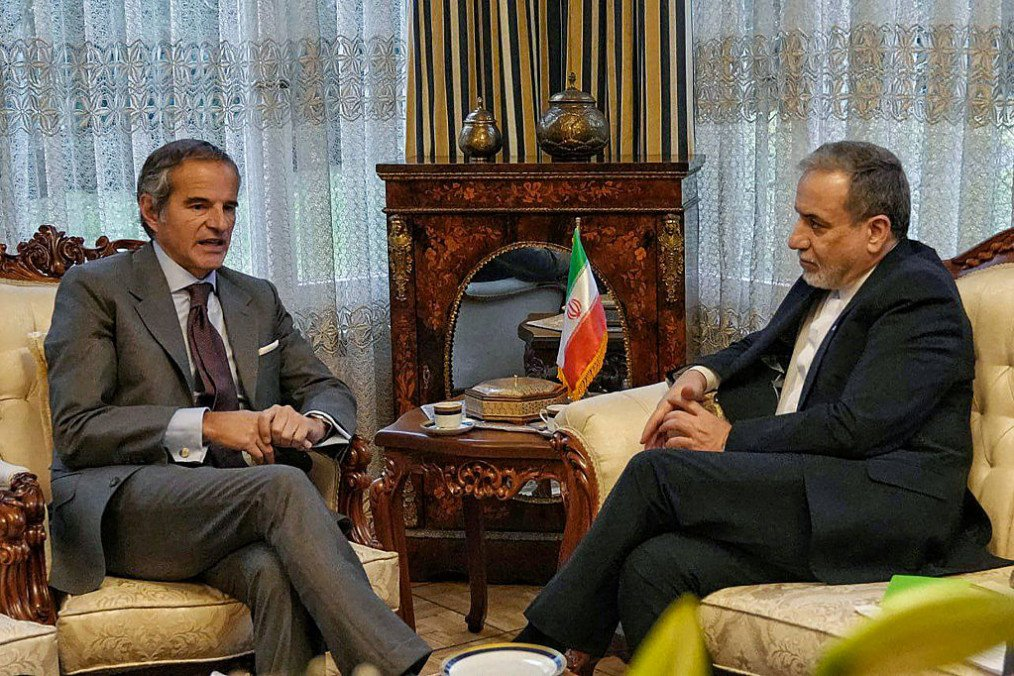
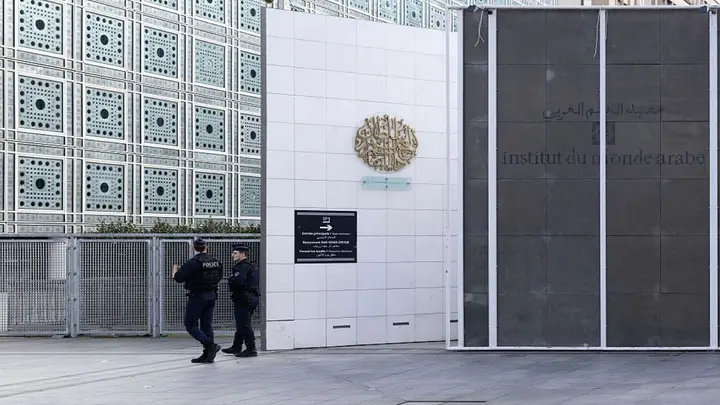
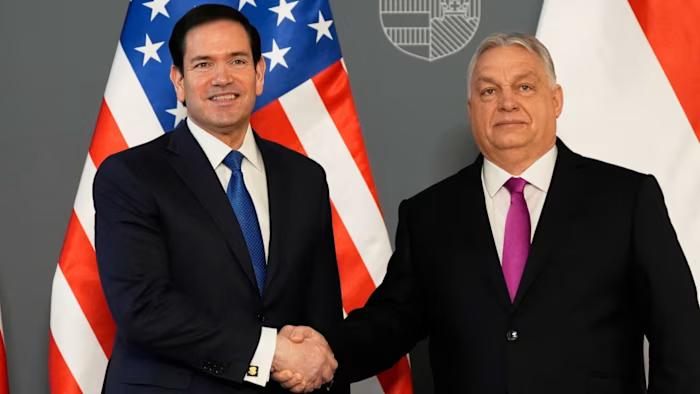
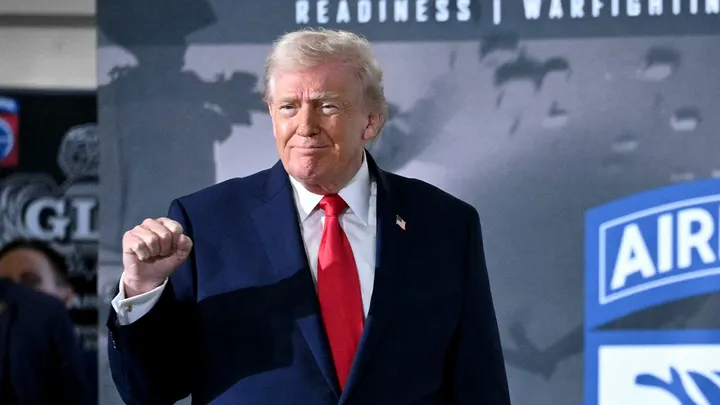
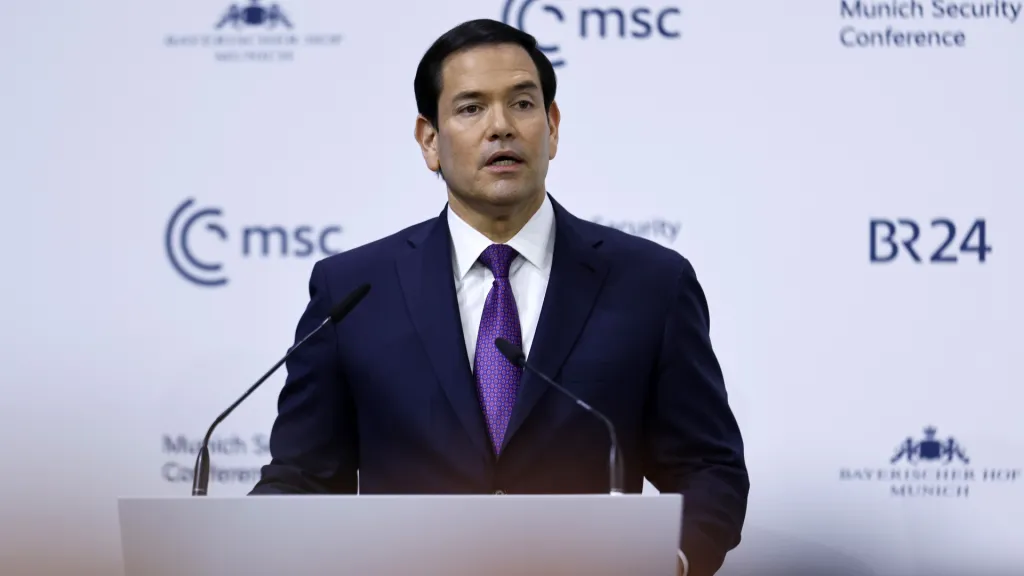
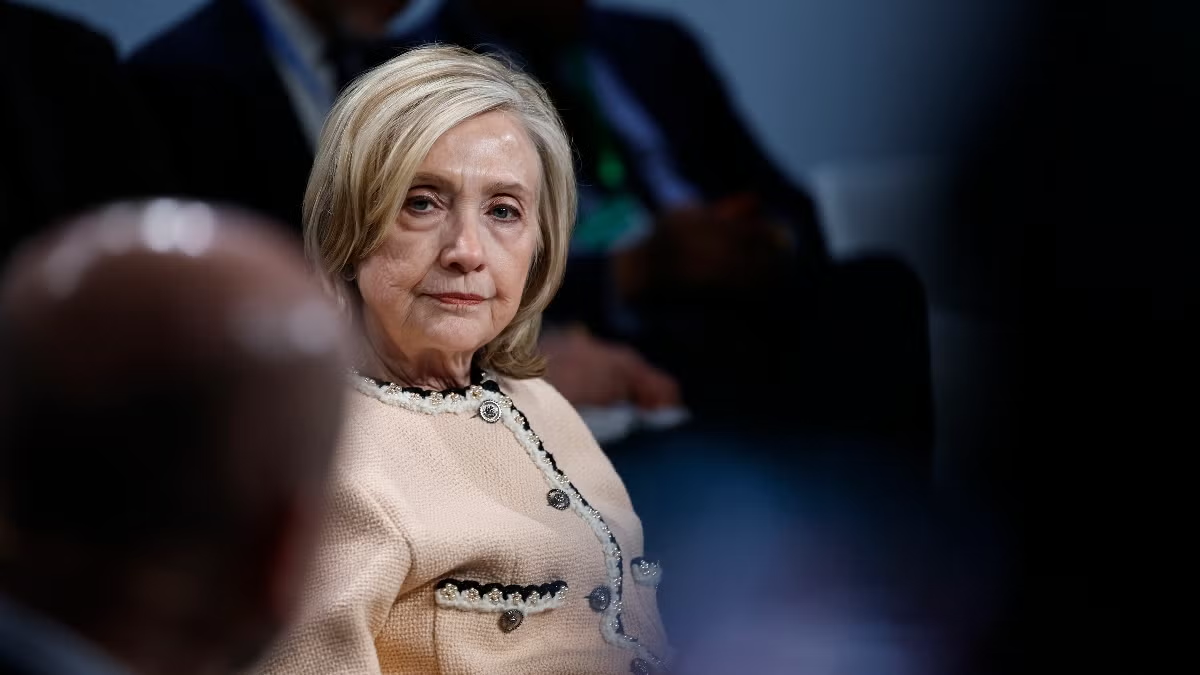

Discussion